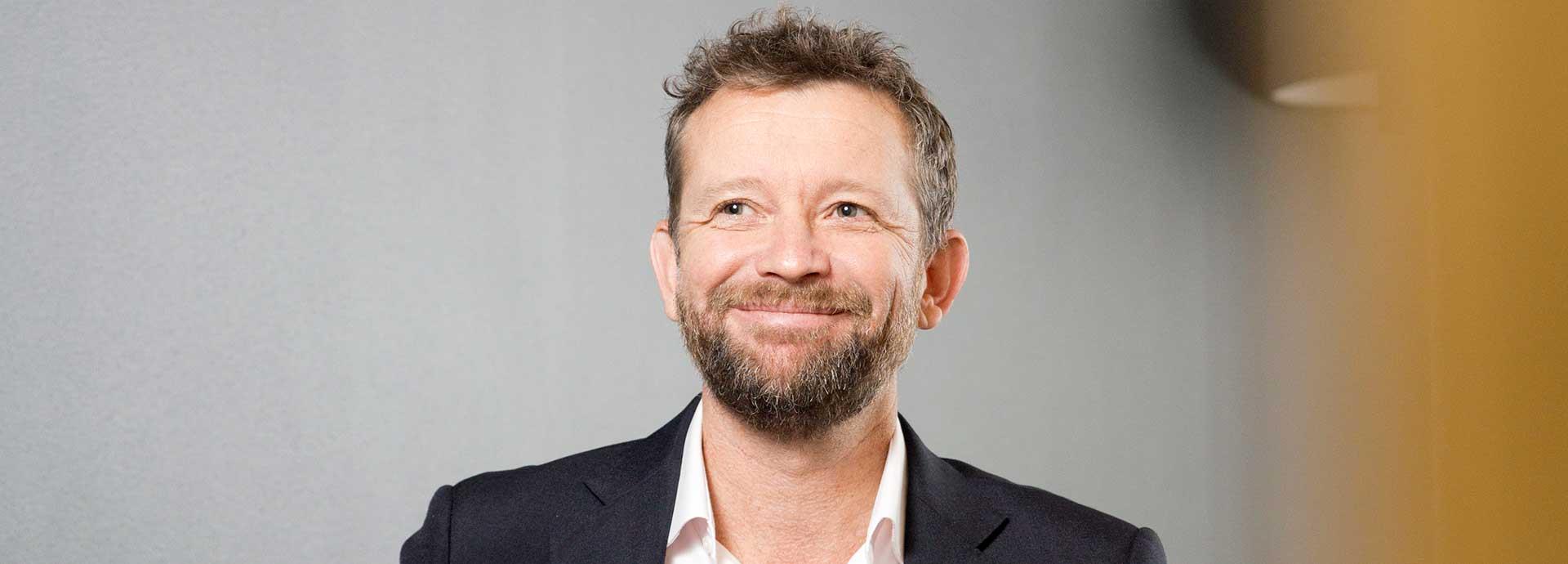

Mark Milford, Vice President for Cyber Security at Wärtsilä, asseses the cyber security environment and highlights the biggest risks to our digital infrastructure.
In 2020, the cost of cybercrime is expected to reach USD 1.5 trn worldwide. This is an issue so important that it is overshadowed by only a handful of the most serious global issues at present. While the marine industry may not seem like the most likely target, the growing automation of fleets mean that we also need to be more than aware of this threat.
While there are a number of important issues in the cybersecurity arena, here are the ones that in my opinion deserve particular interest and concern.
Let’s start with ransomware. It is widely expected to continue to evolve in complexity, becoming increasingly targeted and persistent in nature. While the evolution of the Security Operations Centre (SOC) and the Network Security Programme will go a long way in mitigating many automated attacks, the nature of the evolving threat ensures it remains a significant risk.
Vulnerabilities known to corporations and the workforce but unpatched will be exploited on a widescale basis. This will include corporate network systems, APIs, industrial IoT and critical infrastructure. Such exploitation can be guarded against with enhanced patching programmes. However, this is not effective where systems are using software no longer supported by developers. Cyber insurance, therefore, needs to be reviewed in relation to risks associated with lack of patching known vulnerabilities.
A further threat is that of skill shortages. Worldwide, it is estimated that we are half a million cybersecurity experts short when it comes to coping with the current problems, meaning we have to act. At Wärtsilä, we are combatting this by running programmes for interns and university students to show them what a career in the industry might look like and retraining people who either work in the IT sector or show an interest in the field.
This is all the more important in light of two critical advances that will change our digital world. The first is quantum computing, which has the potential to completely strip away each and every type of encryption known to man, changing the way we send data forever.
The second is 5G. We all know it is coming, but the ramifications could be huge. Already, everyday household items such as coffee machines and refrigerators are being hacked on a regular basis – imagine that type of threat on a much bigger scale and at 20 or 30 times the speed.
To combat such risks and safeguard ourselves, we need to start harnessing the power of AI in our favour – quickly.

